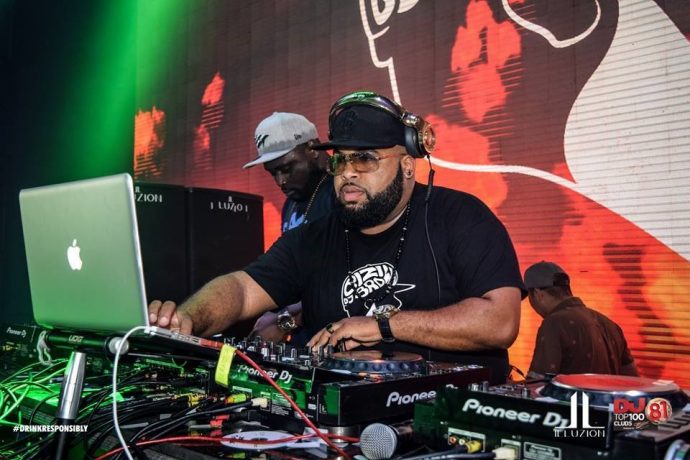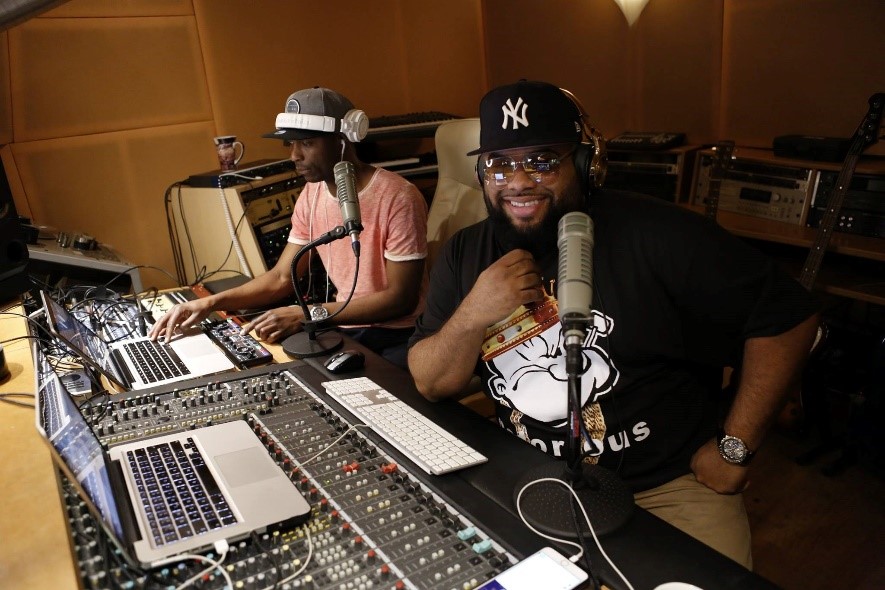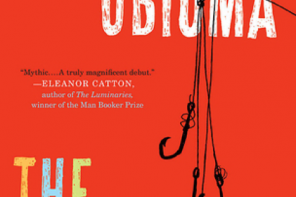Africa’s cultural heterogeneity is a unique gift that is best portrayed through its sound and rhythm. However, over the decades foreign influences have successfully infiltrated and revolutionalized African traditional music, bringing into existence one of the world’s most experimental genres of music known as Afrobeats. Afrobeats is taking the music industry by storm, breaking through cultures across the globe and accruing fans of all age groups, races and gender.
The emergence of Afrobeat dates back to the 70’s when it was introduced by the charismatic and rather controversial Nigerian singer and multi-instrumentalist, Fela Kuti. Through his outstanding artistry, Fela Kuti seamlessly incorporated western and native influences as he synced the so called traditional “West-African Highlife” music with African-American jazz and funk music. Notwithstanding its remarkable success during the 70’s and throughout the 80’s, Afrobeat continued to grow through Fela Kuti’s son Femi Kuti and other artists, but at a rather slower pace. It was only until the mid-2000s when it resurfaced strongly with younger artists like P Square, Wizkid, Davido, Flavour and co. further incorporating other genres of music such as Hip-Hop, RnB, Pop, even Rock and Country, thereby shifting the musical style from highlife music to urban contemporary music. Afrobeats has so far drawn in major international acts like Drake, Kanye West, Rick Ross, Neyo, Omarion including the entertainment mogul, Universal Music Group. Such collaborations have played a significant role in giving Afrobeats a good footing in international clubs, on radio stations, in music charts; as well as propel the singers to the level of nominees and award-winning artists at major events such as the Grammy and BET Awards.
Is the foreign culture a better culture? Find out more
Afrobeats is without any doubt in its prime, with countries like the USA, the UK and France being on the very receptive end of the spectrum. Even countries like Germany, despite being quite a conservative society, could not resist the alluring energy surrounding its tunes and animated dance moves. Inspire Afrika met with one of the major characters in the entertainment industry in Germany to give us a sneak-peek into the untold and misrepresented story of Afrobeats in Germany. DJ Bizi Brown aka International Party Rocker is an Afro-German entertainer and radio moderator. Back in the 70s and 80s, his father was a DJ who experimented a lot with music from different cultural backgrounds including music by Fela Kuti. This cultural openness of his father played to key role in setting the ball rolling in the career path of DJ Bizi Brown: “My inspiration was my father’s openness to different cultures. The best way to express my passion for cultures was and continuous to be music. Music was my gateway to discovering people’s way of life and other cultures.” DJ Bizi Brown has been professionally active since 2002, focusing predominantly on life shows, and he has collaborated with several African and international artists, ranging from Davido, Wizkid, Eddy Kenzo, Wizboy, Patoranking, Niki Tall (a German Afrobeats artist) to international acts such as Busta Rhymes, Jay Z, Memphis Bleek, Wyclef Jean and Cuban live bands.
IA: How would you describe Afrobeats in Germany?
I think some people undermine the level of Afrobeats in Germany. Unlike what some people think, Afrobeats is accepted in Germany and it is growing. Radio stations and even predominantly white clubs play complete Afrobeats sessions similar to what is happening in the US. Vanessa Mdee from Tanzania for instance, is signed by a record label in Germany. Mr. Eazi, the Nigerian artist, was signed for a while by another record label in Berlin. The attention is going to Afrobeats. Afrobeats is the new dancehall. There is equally a major cultural event organised by a group of Africans known as Freak de l’Afrique which is spearheading the Afrobeats movement in Berlin. A few years back I performed at the Afrolicious Fest in Leverkusen together with Magic System, Wizkid and other African artists and the turnout was amazing. I also organize workshops for opening artists and do artists development in collaboration with prime-Academy.de under Gumak media e.K. in Cologne, Germany. We train artists and prepare them for touring, interviews and the show business in general. Nowadays, typical urban dance classes formerly known as “Hip-Hop Tanzschule” (Hip-Hop dance classes) play Afrobeats, and not the usual Hip-Hop or dancehall music as we knew it to be. They do mashups with different genres of music and book people to teach Afrobeats dance moves. Recently, during the Summerjam event in Cologne, Wizkid was the first ever African artist to performance on that stage. Afrobeats is bigger than we think it is!
IA: Why are Afrobeats artists still lacking in the charts?
The regular German artists would have to collaborate with Afrobeats artists. That is how artists like P Square, Wizkid, Davido and Maleek Berry got into the US music industry and their music is gradually being accepted there. Coming back to Germany, Niki Tall, the German Afrobeats artist just released the video of his new song ‘Owo Nwole’. Furthermore, Peter Fox the leader of the famous dancehall group SEEED recently collaborated with Ricky Dietz on a new Afrobeats track. We need more collaborations like these for the German music industry to take Afrobeats more seriously. This generally explains why Afrobeats artists are not seen in the charts in Germany and they can’t be blamed for that.
IA: Are there any challenges and how can they be overcomed?
The biggest challenge is the black people themselves and not necessarily those of the other race. We are quick to play the race card, but that is not true. It is the community itself. Everyone wants to be on top of the game and alone in that position. There is an existing superiority complex among Africans that hinders most of them from rendering the necessarily support to each other. Most Africans expect favours and do not want to treat the artists properly. Consequently, these artists feel disrespected and unappreciated. Think of it this way, the party or the event is the restaurant, the music is the food and the entertainer the cook. The cook must get the food right for the restaurant to be worth the time and money of the guests. Treat an artist like a king and he gives you a royal show. A lot of African cultures do not necessarily appreciate art, Cameroon for instance. The average person doesn’t really support local artists. Nigeria is an exception. Most Nigerians appreciate art, support their artists and treat them with respect.
This is Gasha, the young Cameroonian artist
IA: Where do you see yourself (Afrobeats) in five years from now?
I am not trying to be the king of Afrobeats, but together with my colleagues, for example ATM Black, we place a big light on Afrobeats, because it is very ‘new’, its fresh and its urban. I also love East and South African Afrohouse. I recently worked together on a single, soon to be released, with two South African artists, Mariechan and K.O. The song was produced by an African producer known as MPH, the producer of The Voice South Africa and several other African shows. Meanwhile, the video was directed by a Nigerian video director by name Sesan. I have also established a new record label and we are in the process of producing an upcoming Afro-Latino-German artist. He has a diverse language arsenal (Pidgin-English, English, Spanish and German) which is quite peculiar and will be very beneficial to his music. Generally, we see the excitement from the people and we are just giving them what they want. The music deserves more than what it gets. People are experimenting a lot with it. However, even though I play Afrobeats, I generally don’t focus on a particular genre of music, what others might find unprofessional, with which I disagree. My work experiences and my insight into different cultures through my interaction with the crowd during live shows, allow me to experiment with different genres of music. I am an open-format DJ. I do a blend of different genres of music. I play music that will make the crowd dance and make people appreciate each other more. I love engaging the crowd not only to help them relieve the stress of their day-to-day life, but also to help them celebrate their similarities and differences.
IA: What advice do you have for young African artists and entertainers?
Follow your passion. Back in the days DJing was very underrated, but that concept is changing. People make a fortune out of it nowadays. Also, keep out naysayers. Stop trying and just do it. There is no right time. You need to put in the work and be committed to your passion in order to succeed. You have to work hard and people need to see it. While having your best interest at heart, your family might not support your passion, because they simply do not understand your passion. You need to have the right mindset and prove yourself to your family and friends.






